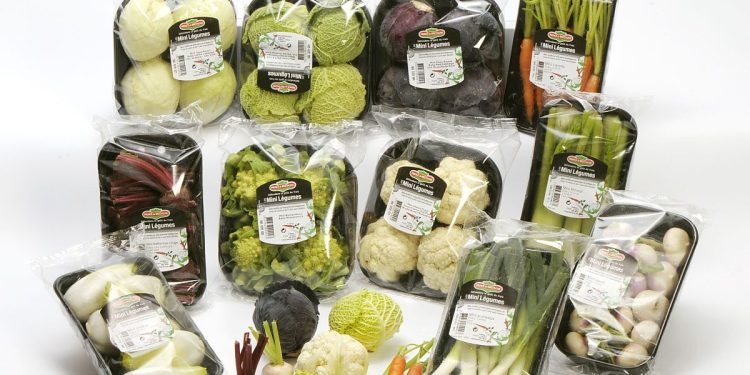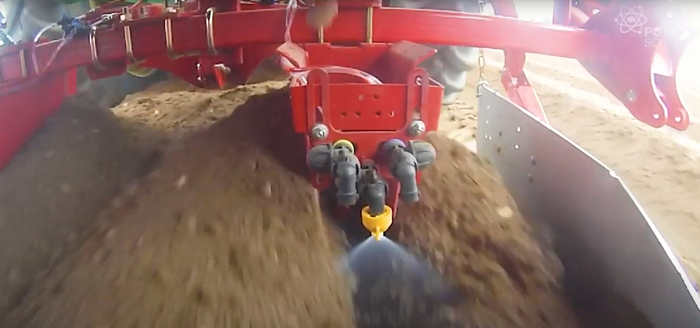#packaging #vegetables #foodwaste #plasticwaste #transportation #storage #environmentalimpact
Europatat, the European Potato Trade Association, has expressed concerns over the European Commission’s proposal to ban packaging for vegetables under 1.5kg. The proposal aims to reduce plastic waste, but Europatat argues that packaging plays a crucial role in protecting small vegetables during transportation and storage. According to a study by the University of Florida, packaging can reduce food waste by up to 80%. Therefore, it is important to consider the benefits of packaging before implementing a ban.
The study by the University of Florida found that packaging can significantly reduce food waste by protecting produce from physical damage, temperature changes, and moisture loss. This is especially important for small vegetables, such as cherry tomatoes and baby carrots, which are more susceptible to damage during transportation and storage. Packaging also helps to extend the shelf life of produce, reducing the need for frequent restocking and ultimately reducing food waste.
While the European Commission’s proposal aims to reduce plastic waste, it is important to consider the environmental impact of food waste. According to the Food and Agriculture Organization of the United Nations, one-third of all food produced in the world is lost or wasted. This not only contributes to greenhouse gas emissions but also wastes valuable resources such as water and land.
While reducing plastic waste is important, it is equally important to consider the benefits of packaging for small vegetables. Packaging plays a crucial role in protecting produce during transportation and storage, reducing food waste, and ultimately reducing the environmental impact of wasted resources. Therefore, it is important to find a balance between reducing plastic waste and ensuring the quality and safety of our food supply.






